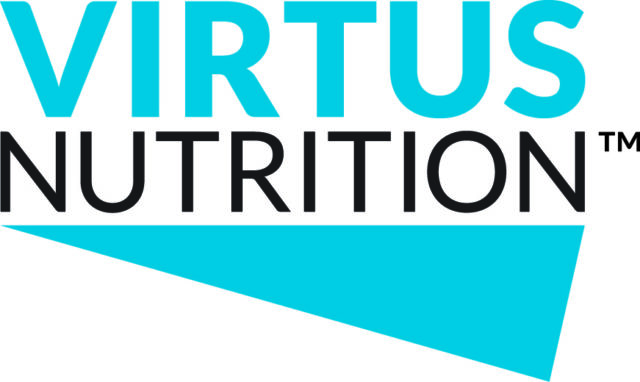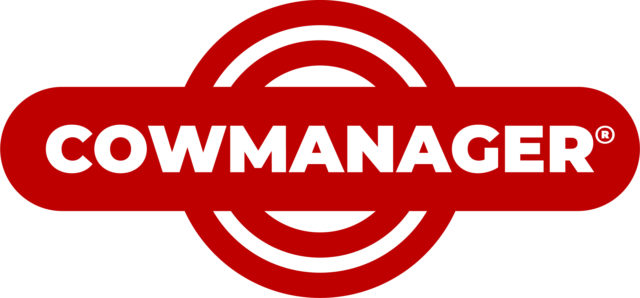Farmers may be at the start of the supply chain, but they’re frequently squeezed in the middle when it comes to production and label claim demands from activists, consumers and food companies.
Due to those pressures, dairy farmers are losing (or have lost) production tools like bovine recombinant bovine somatotropin (rBST), face the potential rollback of opportunities to use other technologies such as genetically modified organisms (GMOs) and are seeing restrictions on common management practices, like tail docking.
To explore those issues and their impacts, the Professional Dairy Producers of Wisconsin (PDPW) hosted a two-day Food & Policy Summit, Oct. 25-26, in Madison, Wisconsin. The event brought together dairy farmers, veterinarians, processors and regulators, as well as consumers and activists to foster dialogue regarding the dairy industry.
JBS: Questions and risks growing
Kim Stackhouse is director of sustainability for JBS USA, the world’s largest supplier of beef and leather. JBS has five U.S. plants processing dairy cull cows. With no consumer-direct sales, an ever-growing range of consumer questions flow though the company’s meat customers.
“Consumer transparency is a challenge,” Stackhouse said. “We hear questions from our customers related to sustainability and welfare. Most commonly they ask, “Where did the animal come from?” or “Was that animal handled in a respectful way?”
“‘Respect’ is not just responsible management and care of the health and well-being of the animal, but extends to responsible management of land, water and resources, as well as how we provide benefits to our employees. These are becoming all-encompassing surveys,” she said.
For JBS, animal welfare is a huge “risk” when it comes to the dairy sector. One tool they use to evaluate potential animal health and handling problems is use of audits of carcasses on the rail, looking specifically at feet and leg health, bruising and internal organs.
As a large company, JBS has an additional layer of risk.
“We don’t just worry about consumer perceptions and trust, but as a major, publicly traded food company, reputational risk is critical from an investment standpoint,” Stackhouse said. “Trust can be broken in a matter of seconds, and when trust breaks around a brand, it breaks for you [producers], too.”
Grassland: Competition drives decisions
Goedhart Westers, vice president of business development with Wisconsin-based Grassland Dairy Products Inc., said the company has defended on-farm production management tools such as rbST and GMOs to its customers for years. However, competition from within the dairy processing industry is forcing a change, especially as dairy markets become more global and dairy ingredients find their way into more products. Grassland recently took the step to ban rbST use among its milk suppliers.
“We care about this industry and the technology we have, but the reality is it has implications in the marketplace,” Westers said. “We operate in a marketplace where a majority of the milk is ‘rbST-free.’ While rbST-free was not a major marketing message in cheese, the label for the whey market is much more important.”
Whey and milk powders are becoming major ingredients in other nutritional and pharmaceutical markets, making it a much larger issue.
“Our customers have choices,” Westers said. “Requesting rbST-free is no longer a premium deal in which they’ll pay more; it is an order qualifying deal.”
‘Big Ag’ a target
Deb Arcoleo, director of product transparency for The Hershey Company, said “Big Food” and “Big Ag” are targets for many activists, and that bias is becoming more mainstream.
Citing a recent Center for Food Integrity consumer trust survey, she said 57 percent of people believe large food companies put their own profit motives before customer health and nutritional needs and child safety. Forty-seven percent believe profit is the only motive for large farms willing to use any tools or production practices that enhance income. With that bias entrenched, “facts” often don’t matter.
“We have a collective trust issue with the American public,” she said. “They think we’re out just to make money, and we don’t care about them. Of course, that is not true.”
“These fundamental shifts in what people expect from brand owners are coming very fast, and it isn’t going to slow down,” Arcoleo said. “Woe be to the food company that doesn’t pay attention. We have to listen to consumers, or we don’t remain competitive.”
“When consumers are asked about who is primarily responsible for food-related issues, food companies are at the top of the list, above farmers, grocery stores and restaurants,” Arcoleo said. “They hold us responsible for animal welfare, even though we may not own any animals. They also hold us responsible for worker rights. When we get pressure from consumers, activists and the media, it extends down to our suppliers, and it trickles down to the producer community. The pressure is real, and is it only going to intensify.”
Arcoleo urged dairy farmers and others in the food supply chain to work together to educate the public on where their food comes from, how it is made and the "whys" behind it. She also requested farmer involvement when food companies meet with their customers, helping to explain sustainability and animal welfare issues and limitations.
With limitations and challenges of food labels, Hershey and other food companies are turning to “SmartLabel” technology to address consumer questions and concerns. By using smartphones and quick response (QR) codes, food companies can provide instant access to product and ingredient information throughout the supply chain, reaching all the way back to the farm.
”There’s an incredible thirst for information by consumers. Being transparent, whether you have a great story to tell, or if that story is still in progress, is really important,” she said. “Consumers want us to tell the whole story, not just marketing spin. They want to be treated as adults. They don’t expect perfection, but they will reward companies for being honest, open and authentic.”
Science and facts not enough
Jennifer Walker, DVM, Ph.D., director of dairy stewardship with Dean Foods, said food company decisions involving on-farm use of technology and production practices are based on a variety of factors. When it comes to consumers, science and facts are often not enough.
As a veterinarian, Walker formerly had a private practice working with about 100,000 cows across California. As a Dean employee, which sources milk from about 5,000 to 6,000 dairy farms across the country, the company’s decisions can impact the health and welfare of 1 million cows across the U.S.
“There’s a huge responsibility that goes with that,” Walker said. “Our role at Dean Foods is to make sure everyone is on the same page with what consumers expect of us and to make sure what that path forward is.”
“The challenge in any business is recognizing consumers have choice,” she said. “If it’s all about sustainability, we’d all be driving hybrid cars. There’s a balance. My definition of sustainability includes science, but it also has to pass public scrutiny. It doesn’t always make sense, and companies work hard to find that balance.”
Others echoed Walker’s assertion.
“Science needs to prevail, but people have opinions and people make decisions,” said Westers.
“Most people don’t understand GMOs, and there’s a lot of misinformation out there. They know what they hear in the media,” said Arcoleo, who emphasized Hershey defends the use of GMOs. “At the end of the day, if consumers want non-GMO options, to be competitive we have to provide those options.”
Arcoleo said she’s seeing a growing voice defending GMOs as safe, questioning activist motives and outlining the benefits of GMOs.
Emerging trends
Including GMOs, the food company executives outlined emerging issues affecting the producer-to-consumer relationship.
“GMOs are the most pressing topic because it goes so deep into how you run your farm,” said Westers. “Our customers have brought it up, and we try to explain all that it entails – what the cost is and what the impact is. We can’t ignore it. It’s a moving train, and I don’t like the speed it is moving.”
Dean’s Walker said animal socialization, including how animals are housed, is a growing consumer concern. That may not mean group housing of calves may become mandatory, but “paired” housing may become more prevalent and may also provide benefits to dairy producers.
For Hershey’s Arcoleo, widespread “SmartLabel” technology adoption will make end-to-end supply chain traceability and visibility increasingly important. Food companies will have to tell the story of every ingredient back to the source, with a lot of metrics surrounding them.
JBS’ Stackhouse said a “right now” issue is full participation in industry audit and certification programs. “These programs are so important when it comes to maintaining trust between the food company and the producer,” she said.
Westers said tools such as the National Dairy Farmers Assuring Responsible Management (FARM) program holds producers and food companies accountable, while providing protection from consumer criticisms. ![]()

-
Dave Natzke
- Editor
- Progressive Dairyman
- Email Dave Natzke







